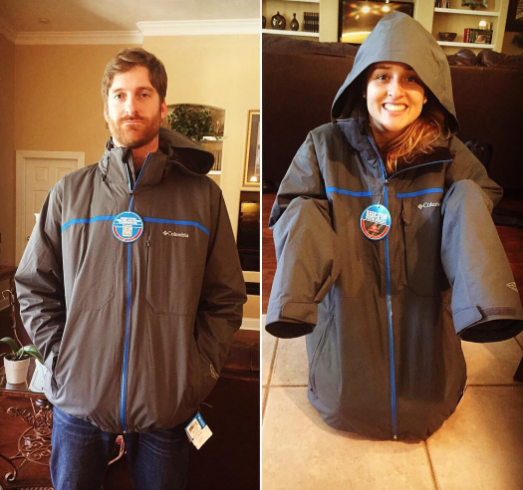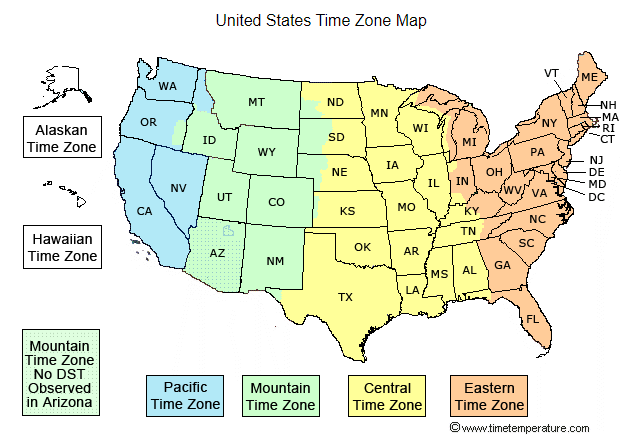Sabe quando aquela pessoa que você não vê há um bom tempo volta e vocês passam horas e horas colocando o papo em dia? Ou então, quando você está atrsado e vai “alcançar” seus amigos depois? Pois muito bem, essas situações podem ser descritas em inglês utilizando o phrasal verb To catch up…
Mas além disso, esse phrasal verb possui alguns significados como…
✨Succeed in reaching a person who is ahead of one.
[Alcançar alguém que está à sua frente]
✨Do tasks that one should have done earlier.
[Realizar tarefas que poderiam ter sido feitas anteriormente]
✨Talk to someone whom one has not seen for some time in order to find out what they have been doing.
[Conversar com algúem que não se vê há um tempo para descobrir o que ela tem feito da vida]
✨Be involved in something that one had not intended to become involved in.
[Estar envolvido em algo que não era o desejado]
✨Pick something up hurriedly.
[Pegar algo apressadamente]
Por exemplo:
✨You go with Laís and I’ll catch you up
[Você vai com a Laís e eu alcanço vocês]
✨I normally used the afternoons to catch up on paperwork
[Eu normalmente uso as tardes para organizar meus trabalhos]
✨It’s always good to catch up with old friends
[É sempre bom encontrar velhos amigos]
✨I was caught up eating junk food during the night in the living room
[Eu fui descoberto / pego no flagra comendo besteria á noite na sala de estar]
✨I caught up her jacket and bag and walked to the door
[Eu peguei a jaqueta e a bolsa dela e andei até a porta]
Agora preciso saber de você aí do outro lado dessa telinha. What is your favorite phrasal verb?










